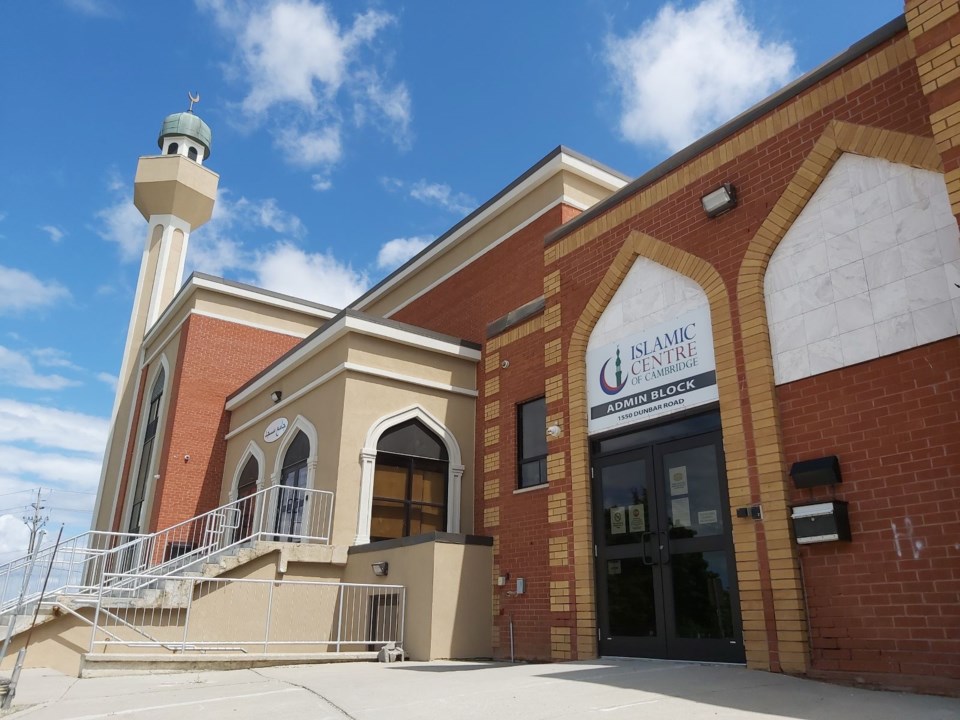Catholics, Christians that do not otherwise specify an affiliation to a specific denomination, and Muslims make up the top three religious groups in the city of Cambridge according to the most recent census data released by StatsCan.
In 2021, 28.9 per cent of people identified as Catholic, 10.5 per cent said they identify as some form of Christian and 6.8 per cent were Muslim.
But the largest percentage of the population that responded to the census said they don’t follow a religion or have secular perspectives. That group represented 31.4 per cent, or 43,065 residents in the city.
The question of religion was not included in the 2016 National Household Survey as it has only be asked every 10 years.
However, Sarah Wilkins-Laflamme, associate professor of sociology and legal studies at the University of Waterloo, says a lot of the the trends in the data have been going on for some time.
"These are continuations of trends we've been seeing for quite a few decades now, so I'm not sure there was anything super surprising in the data," Wilkins-Laflamme said.
"One interesting thing was the Muslim population is larger than each of the mainline protestant groups. It's larger than Anglican and the United Church."
Another aspect of the data that caught Wilkins-Laflamme's attention was the continual growth of the non-religion or secular perspectives group.
"It's been coming for some time, it's mostly a generational effect," she said.
"It's especially among young people, and Cambridge is no exception. With the generational replacement that happens we were expecting that rise. But it doesn't mean that religion is going to disappear altogether because it's gaining from certain forms of immigration and it seems to be meaningful for some young adults."
There's a few key reasons as to why the non-religious group continues to grow, Wilkins-Laflamme said.
"It's been a few generations now that they don't seem to have a connection with religious groups," she said.
"In previous generations they may not be the most practicing of people but they would still keep that identity, often to a Christian denomination. But the younger generation doesn't see the need to do that. They didn't necessarily attend religious services with their parents and they aren't exposed to religion as much in schools or in the community in general. More and more of them are just saying 'it's not for me'."
There's a multitude of factors that play into analyzing and predicting future trends, with one of the biggest being immigration.
"Demographics play a big role; they always have and they always will," Wilkins-Laflamme said.
"Back in the day when immigration came primarily from Europe it was the European Christian churches that were growing. Canada has always been that immigration country. Now that immigration is coming from non-Western parts of the world that are more religious, like the middle east, north Africa and south Asia. The traditions outside of Christianity are growing, like Islam, Hinduism and Sikhism."
For more information on StatsCan's religious data visit statsca.gc.ca.



